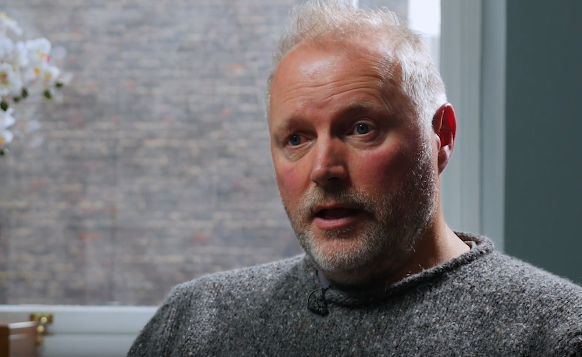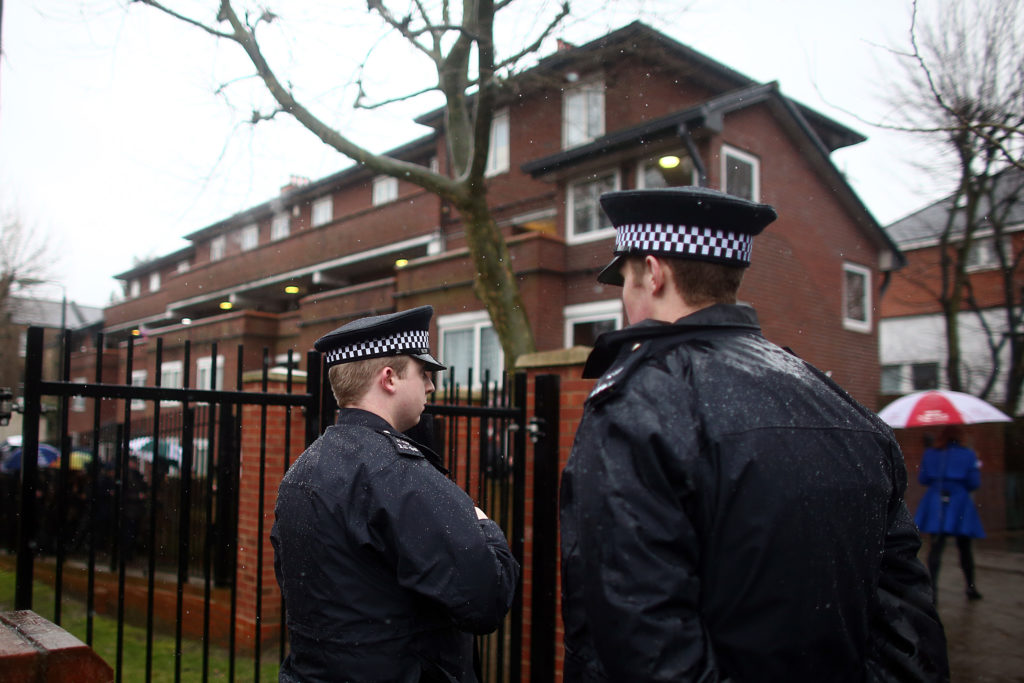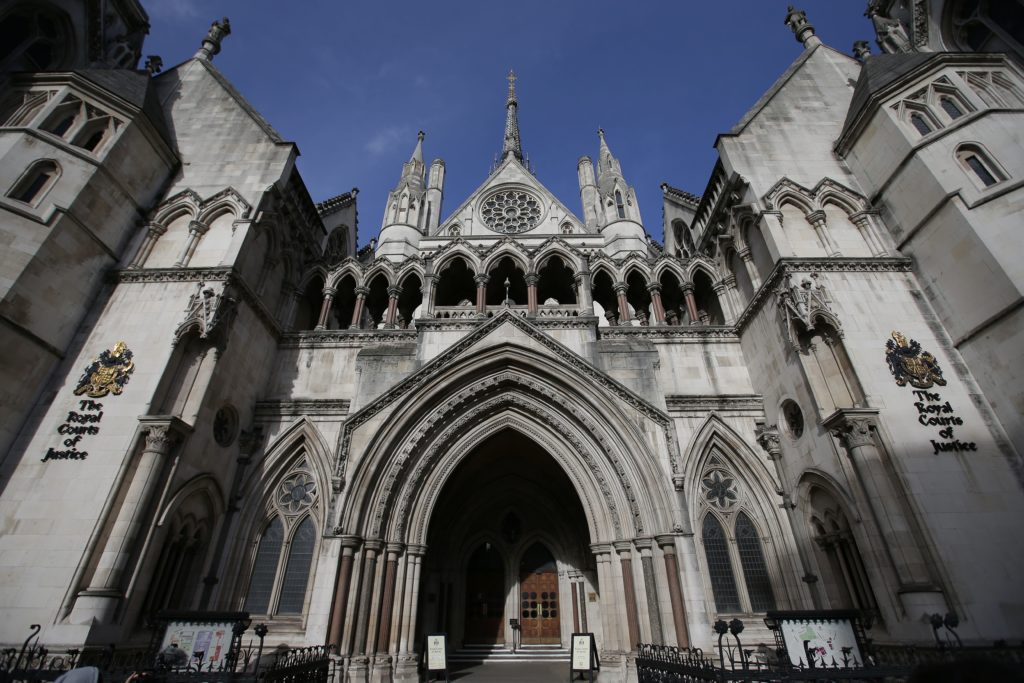Policeman’s anti-trans views can’t be hate speech because they form ‘legitimate public debate’, court told

Police guidelines in Britain over trans hate are being challenged by former officer Harry Miller. (Screen capture via YouTube)
Official police guidance on recording incidents of “non-crime” hate speech against trans people is “contrary to freedom of expression”, an English court heard yesterday.
In January, Humberside law enforcement reached out to former police officer Harry Miller following a complaint over alleged anti-trans tweets.
One example was Miller posting: “I was assigned mammal at birth, but my orientation is fish. Don’t mis-species me.”
His account was later suspended.
Trans-positive guidelines stop people from holding ‘gender critical positions’, argued claimant.
Opening his claim on Wednesday in the High Court, London, barrister Ian Wise said his client was “deeply concerned” about proposed changes to the law on gender recognition, according to The Guardian.
He claimed Miller, 53, had used Twitter to “engage in debate about transgender issues”. This included sharing a “transphobic limerick”.

(Carl Court/Getty Images)
Courts heard that Miller was told by an officer he committed no crime, but his post was recorded as a “hate incident”.
A member of the public had filed a complaint about Miller’s social media activity.
As a result, Miller launched legal action against the College of Policing, the professional body for the police in England and Wales.
College of Policing guidelines on hate crime instructed it be recorded.
Miller claimed such guidelines create “a chilling atmosphere for those who would express a gender critical position”.
Harry Miller wanted to question ‘belief’ that ‘trans women are women’, court told.
Miller’s barrister argued he “never expressed hatred” towards trans folk, but “simply questioned the belief that trans women are women”.
Moreover, courts heard, he questioned whether they “should be treated as such for all purposes”.
His views, his legal aid added, “form part of a legitimate public debate” and cannot “sensibly be regarded as ‘hate speech'”.

The Royal Courts of Justice building, which houses the High Court of England and Wales. (DANIEL LEAL-OLIVAS/AFP via Getty Images)
In response, Jonathan Auburn, for the College of Policing, said: “While the claimant now expressly disavows having any personal hostility or prejudice towards transgender people, his social media messages speak for themselves.”
Moreover, legal documents lodged before courts argued that such guidelines are in place to resolve social tensions that could spill into offline crimes.
The 2014 guidance defines a hate incident as “any non-crime incident which is perceived, by the victim or any other person, to be motivated by a hostility or prejudice against a person who is transgender or perceived to be transgender.”
Officials said the guidance was lawful and do not interfere with personal freedoms.
There is no ‘right to be offended’, says Justice.
Hate Crime Operational Guidance also states that “irrespective of whether there is any evidence to identify the hate element”, reports must be recorded.
Justice Knowles expressed surprised at the rule, reported The Telegraph.
“That doesn’t make sense to me,” he said, “how can it be a hate incident if there is no evidence of the hate element?”
He added: “We live in a pluralistic society where none of us have a right to be offended by something that they hear.
“Freedom of expression laws are not there to protect statements such as ‘kittens are cute’ – but they are there to protect unpleasant things.
“Its utility lies in exposing people to things that they do not want to hear.”

